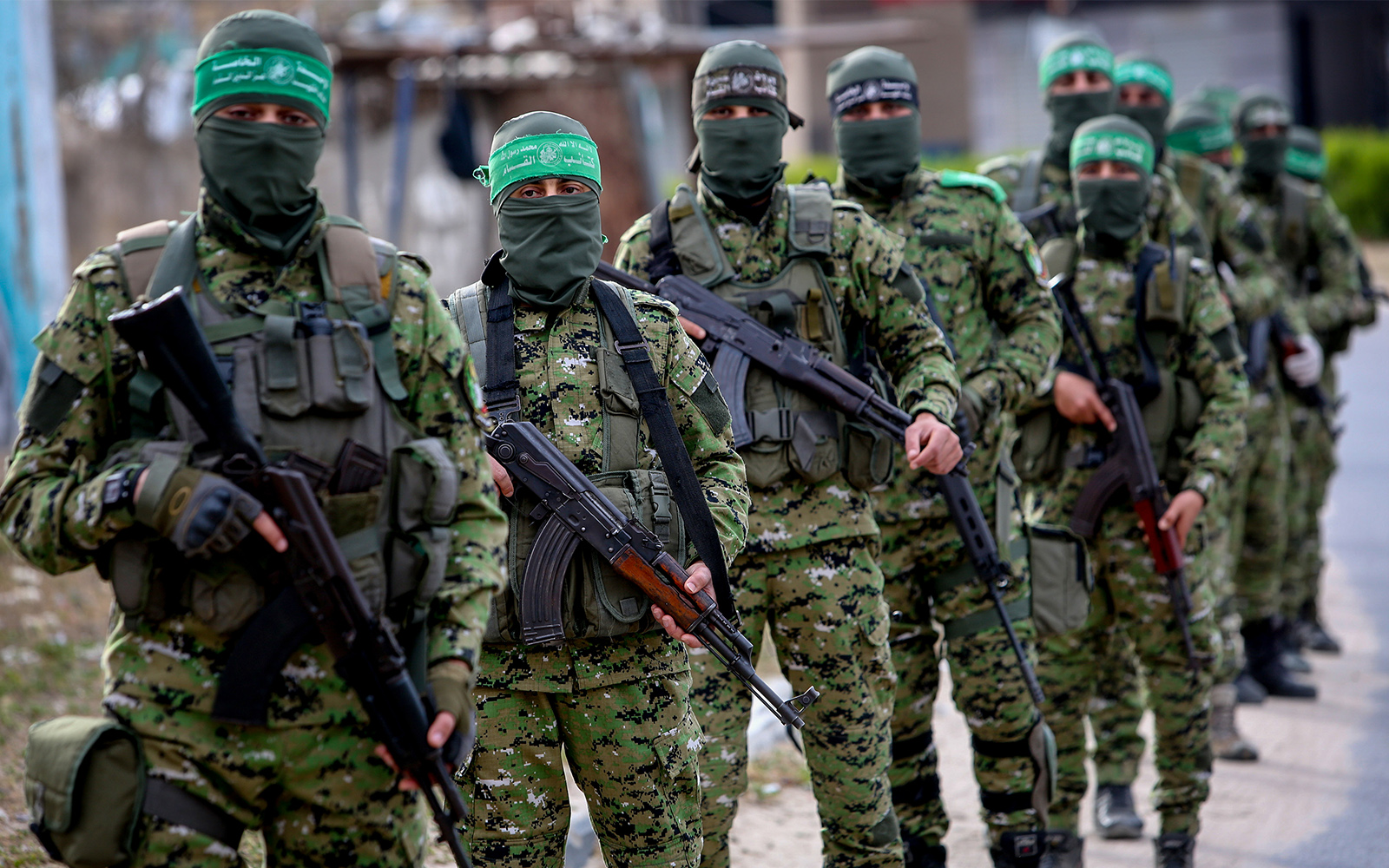What the judge is asking for is evidence of these claims. For all we know these deporties are law abiding US citizens.
Walt, you are in error in this case, but I cannot fault you on your concern which is well placed and solidly founded.
Habeus Corpus is the protection against unlawful incarceration.
Habeus Corpus does not block deportations, the quelling of riots, or any execution of law.
The biggest
Habeus Corpus challenge in our time resulted from
Operation Desert Storm. US forces captured prisoners of war and detained them in Guantanamo and other places that were not on US soil, declaring that all such prisoners could be held, per the Geneva Conventions, until the end of the "conflict." Since the detained were not American citizens, and the detentions were not on US soil, they were beyond the reach of any American court. However, the conflict was never officially declared "over," prisoners were never released, and it appeared that American forces were simply incarcerating people indefinitely without ever providing any the possibility of even a day in court. In
Boumediene v. Bush (2008), SCOTUS ruled that American military forces had to act within the Constitution, especially Article I, section 9, regardless of where they were operating in the world. SCOTUS determined that detainees at Guantanamo Bay, Cuba, have the Constitutional right to challenge their detentions, and that regardless of military conflicts, the US cannot, on their own authority, simply incarcerate people and throw away the key.
You are correct that
Habeus Corpus is an importan human rights protection/right, but it pertains to unlawul detention.






